Electric heater vs electric blanket — heating experts weigh in on the effectiveness (and affordability) of these winter warmers
Constantly cold at night? Experts weigh in on whether an electric heater or electric blanket will suit you best
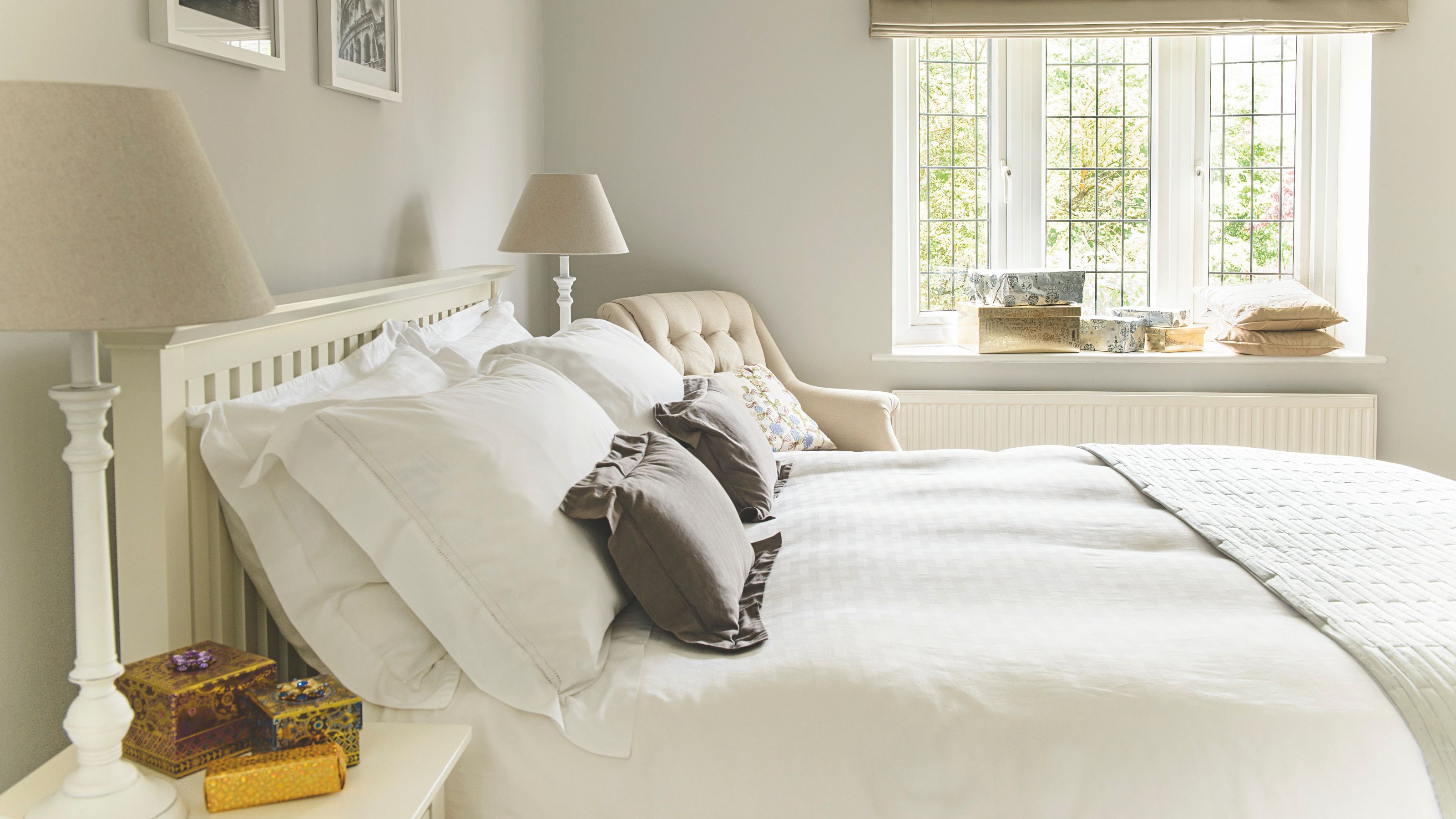

You probably don’t need us to tell you that it’s hard to sleep during the winter months. When temperatures drop, that winter chill often makes it into your home and into your bedroom, stunting your sleep in the process. That’s where the electric heater vs electric blanket debate can help you.
The best electric heaters and the best electric blankets can be effective alternatives to central heating if you’re trying to save energy at home. But if you want to stay as snug as a bug while you’re sleeping, it’s essential to understand that they’re both very different products. And while some will serve some households and individuals very well, others won’t.
That’s why we’ve put together the ultimate electric heater vs electric blanket debate to compare everything from heat output to safety, noise levels, and overall affordability. By the end of this guide, you should know which one will suit you and your nighttime needs the best.
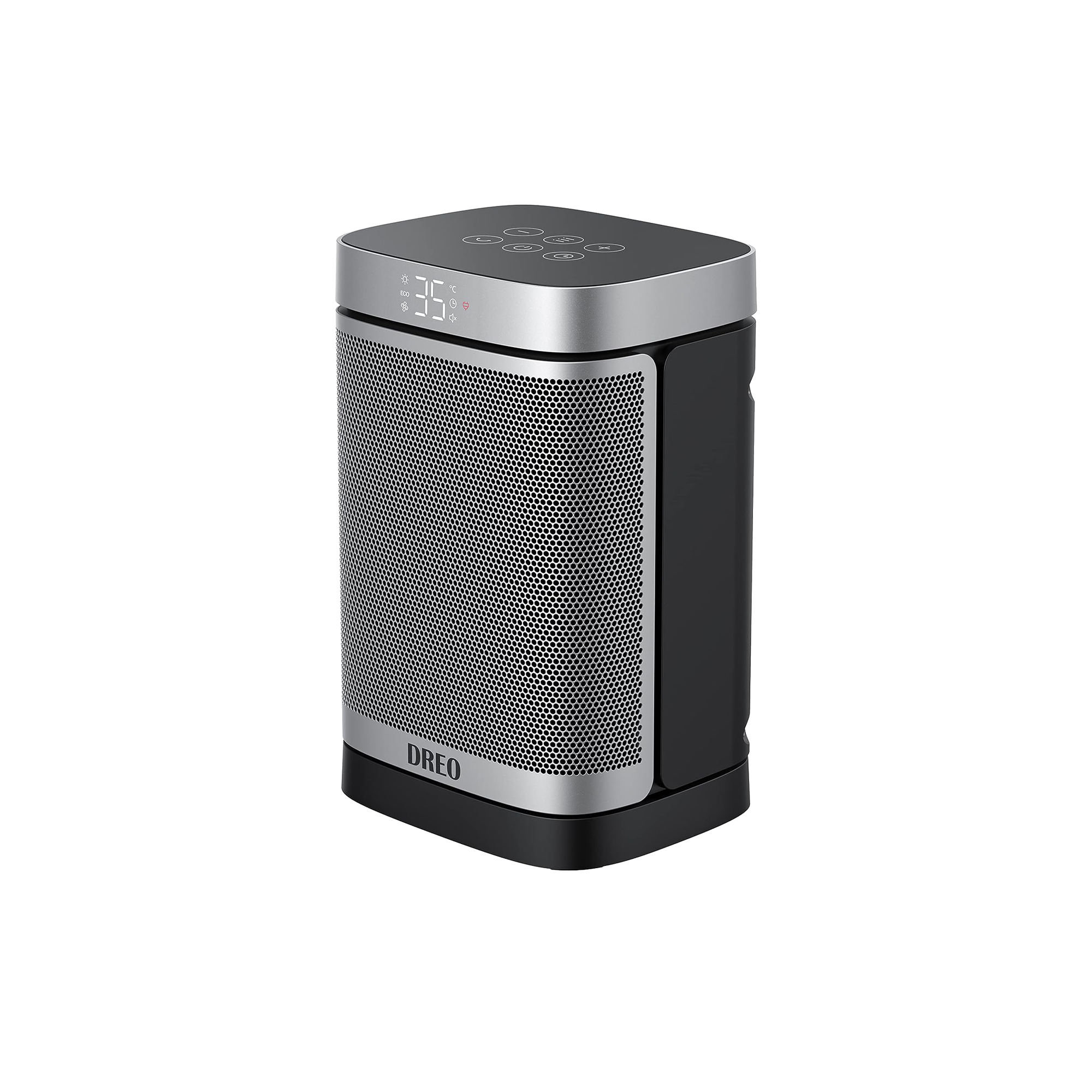
Crowned the best heater in our guide, this fan heater is quick to heat a room and even oscillates to distribute the heat evenly. It's also small and portable for the bedroom, but it may be a little too loud to keep on overnight.
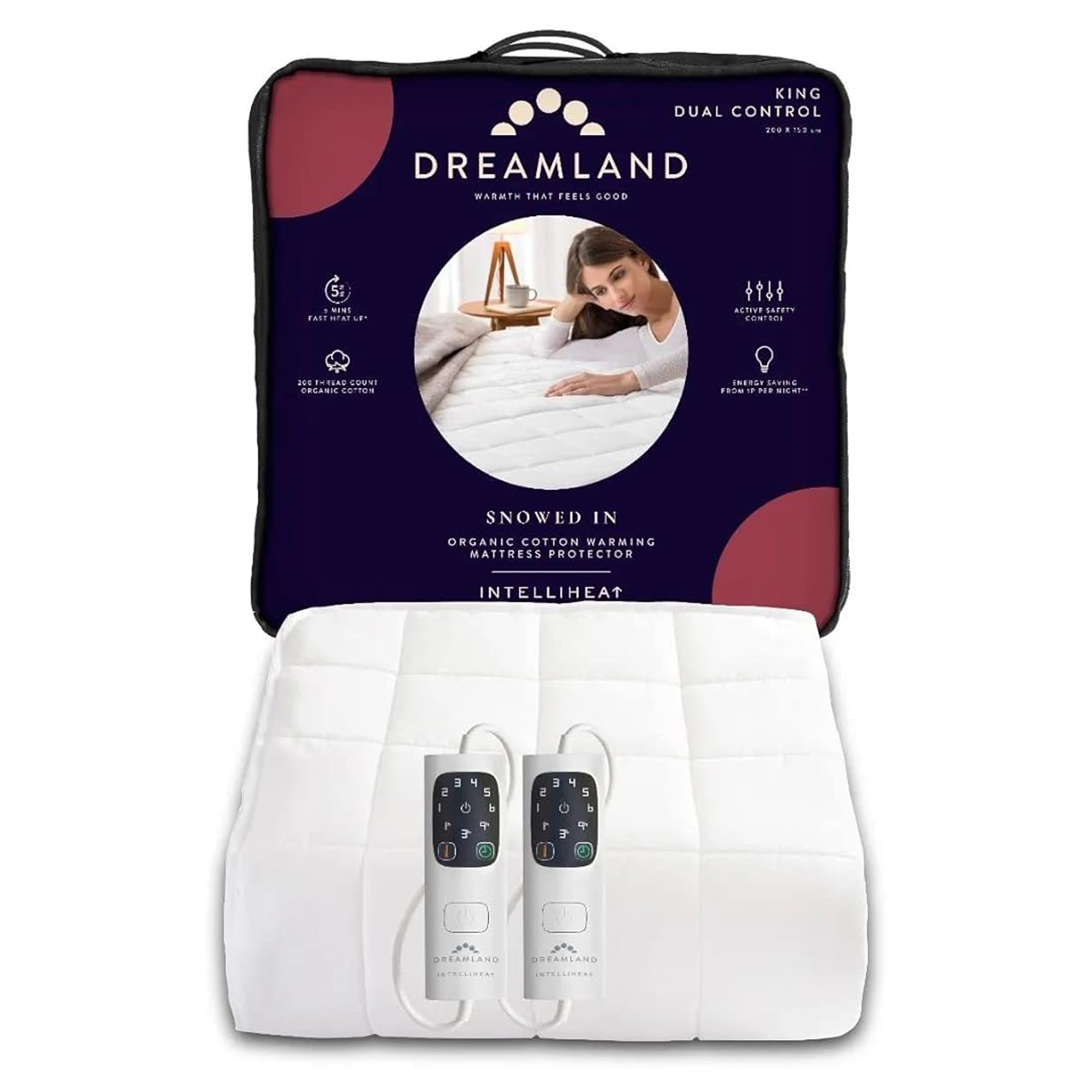
Number one in our guide, this electric blanket has been crowned the best overall. It even has dual controls for those who share a bed and a range of temperature settings. However, it's slightly more expensive than an electric heater and won't heat a room.
What is an electric heater?
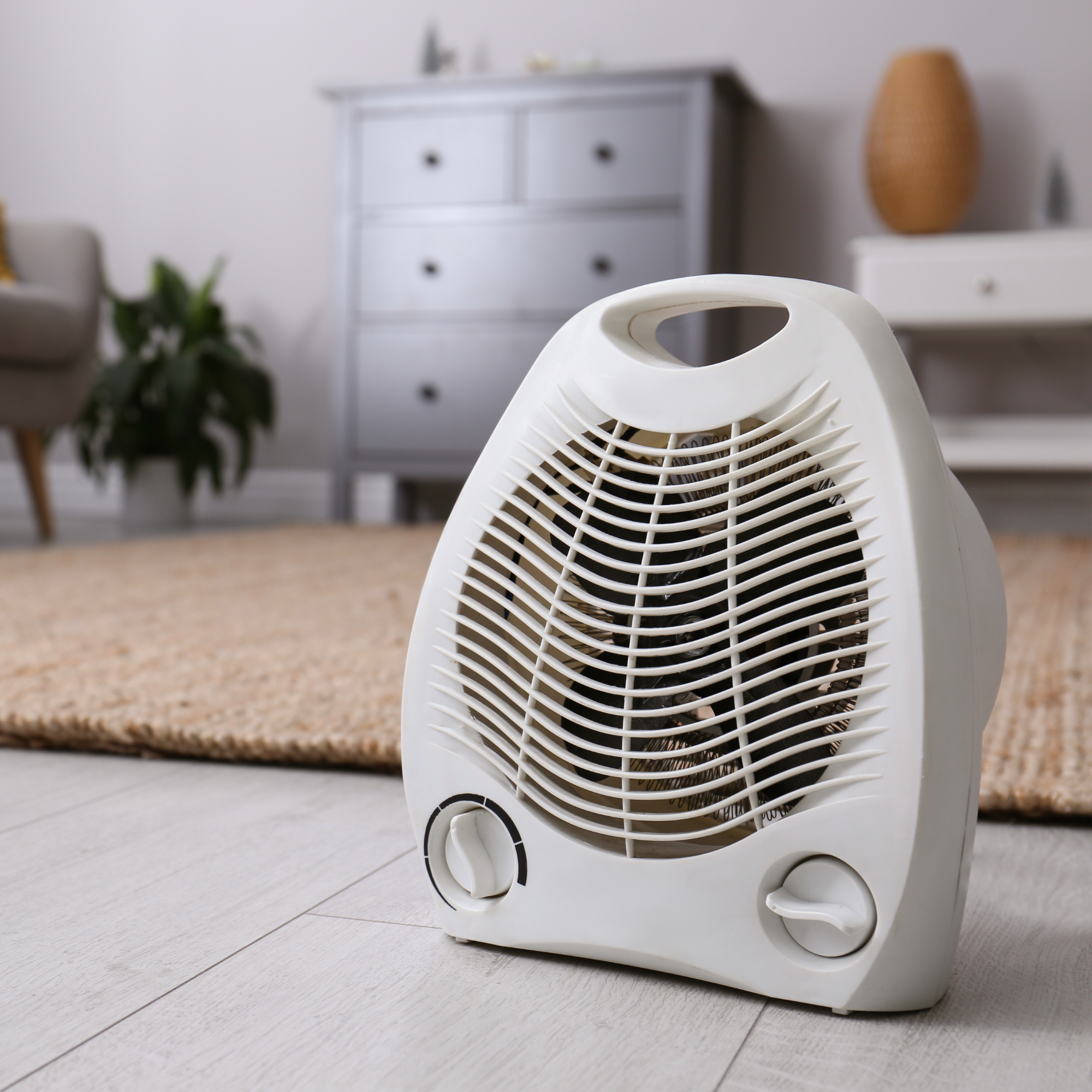
In short, an electric heater is a heater powered by electricity - but the reality is a little more complicated than that. Although these plug-in appliances can heat a room if you don’t want to turn on your central heating or just want an extra boost to beat the winter chill, they come in many different shapes and sizes, from fan heaters to convector heaters and halogen heaters.
It’s also worth mentioning that some of the best oil-filled radiators also come under the umbrella of electric heaters. So, it’s important to do your research before buying an electric heater, as buying the wrong type is one of the biggest electric heater buying mistakes you can make.
What is an electric blanket?
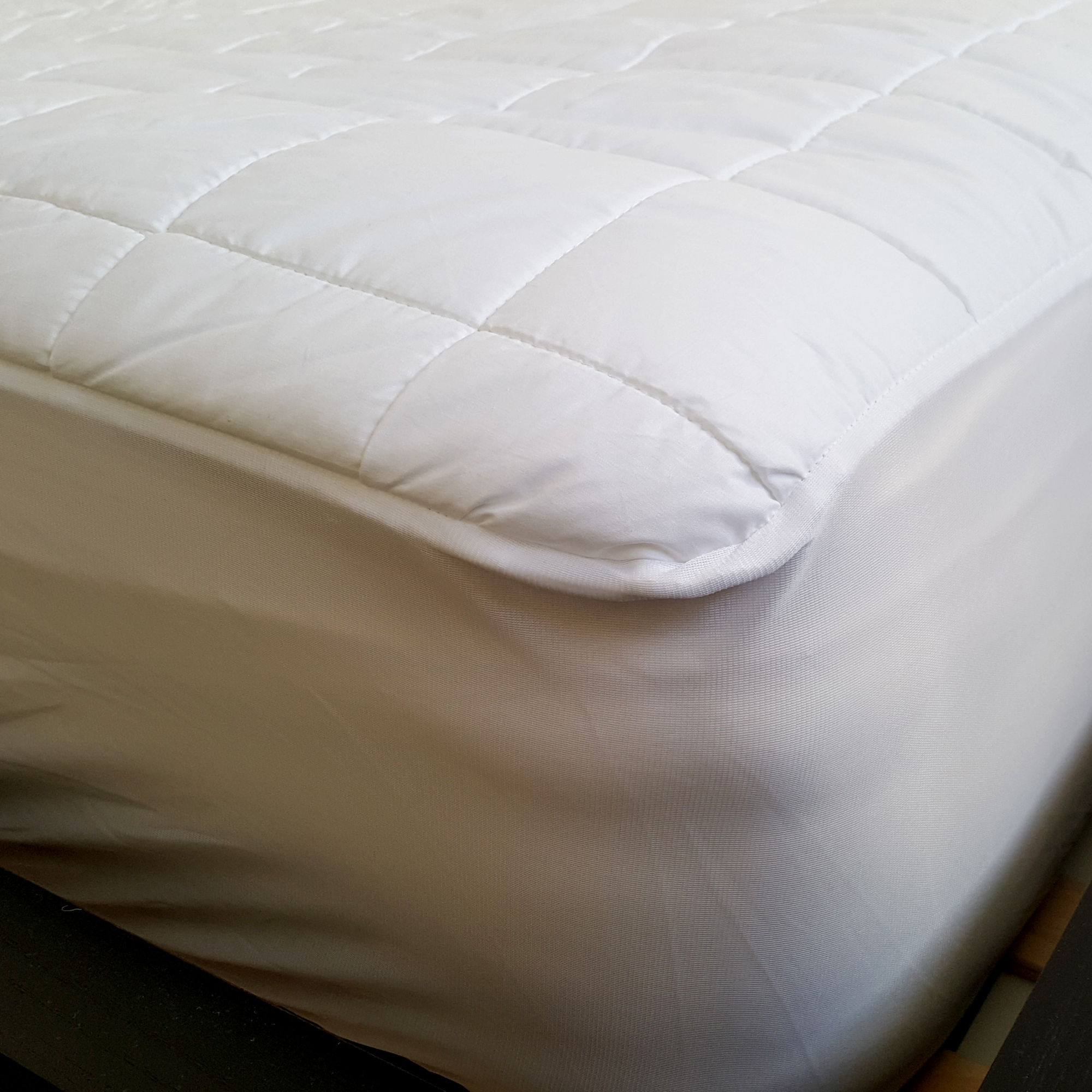
An electric blanket also does what it says on the tin. Although it looks like an ordinary blanket at first glance, it contains a series of wires that allow heat to permeate through it – heating the person wearing or using it simultaneously. But just like electric heaters, electric blankets aren’t a one-size-fits-all product.
In fact, there are a few key differences between an electric blanket and a heated throw, as one is typically used on top of a person, while the other is typically used underneath them. Because of this, we’d suggest checking out our guide on the things you should know before buying an electric blanket.
Get the Ideal Home Newsletter
Sign up to our newsletter for style and decor inspiration, house makeovers, project advice and more.
For this particular comparison, we’re talking about electric blankets, which are typically used on top of a mattress (and often secured with straps) to warm your bed either before you jump in or during the night.
Electric heater vs electric blanket: Heat output
In the electric heater vs electric blanket debate, heat output is a hot topic - largely because they’re so different. After all, you're directly exposed to the heat when you use an electric blanket, while electric heaters may be on the other side of the room. Because of this, you may only notice the heat output when the room starts warming up.
That’s why it’s a good idea to look at the wattage of the product you’re weighing up. Ultimately, the higher the wattage, the higher the heat output - and there’s one clear winner between electric heaters and electric blankets.
Out of all of the heated blankets the Ideal Home team has tested, the highest wattage comes in at 160W, and you’ll struggle to find an electric heater with a wattage as low as that. Generally, the wattage of an electric heater stands around 1000-2500W - apart from the Russell Hobbs 700W Ceramic Plug-In Heater, which is a little less than average but priced very affordably to reflect that.
And while the targeted heat from an electric blanket can help you sleep at night, the reality is that these low-wattage products don’t offer much else in terms of keeping a house warm in winter, which could cause problems in the future.
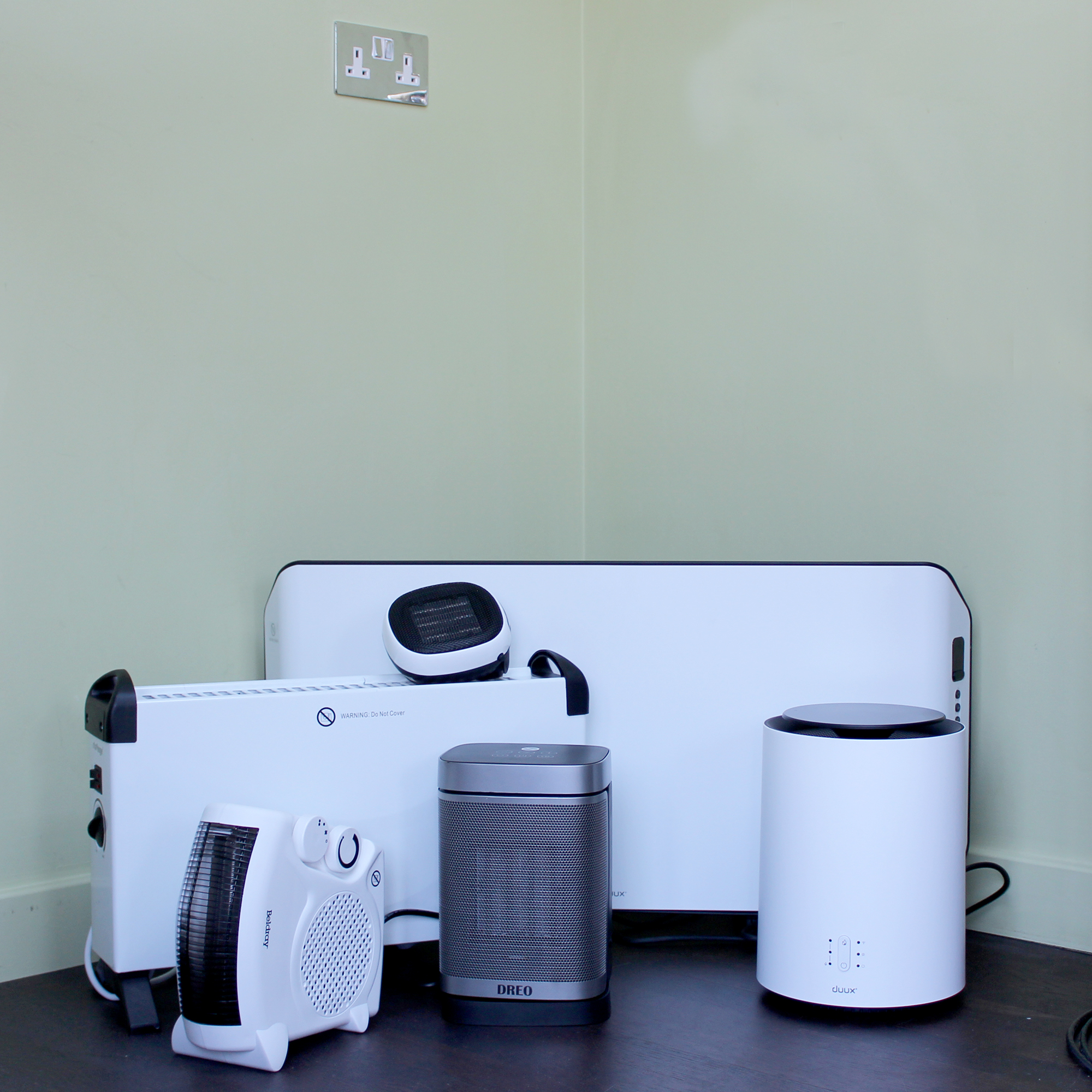
This is echoed by Jonny Smith, Home Safety Expert at Crusader Fire. He says, ‘While electric blankets are very effective for personal warmth, they don’t heat the air in a room, which means you may still need to balance their use with some form of room heating to avoid issues like damp and mould, which can impact your health.’
On the other hand, he explains, ‘Electric heaters are highly efficient at delivering consistent warmth. They convert nearly all the energy they use into heat, making sure your space stays cosy without wasting energy.’
But there’s no doubt that the type of electric heater can make a huge difference to the heat output. For example, in the ceramic heater vs fan heater debate, ceramic heaters are generally considered the best - not only for heat output as a whole but also for heat retention. As if that wasn’t enough, the level of insulation in your home can also directly affect how well an electric heater heats your home.
Jonny says, ‘Electric heating works best in well-insulated homes. Without proper insulation, it can be harder to maintain consistent warmth, which might lead to higher energy usage to keep the space comfortable.’
Taking all of the above into account, it’s clear to see that electric heaters generally win the heat output debate - but only with the right heater and in the right circumstances.
Electric heater vs electric blanket: Safety
If you’re weighing up electric heaters vs electric blankets with the main aim of keeping yourself warm at night, safety is something you seriously need to consider. The last thing you want is for a fire to break out while you’re sleeping.
That’s why it’s incredibly important to understand the purpose of the product you want to buy. As electric blankets like the Silentnight Comfort Control Electric Blanket are designed to warm up the space underneath your mattress, they are designed to be safe for overnight use.
Jonny adds, ‘Newer models also offer safety features like timers and automatic shut-offs, making sure the blanket won't overheat while you're asleep. This is super important in making sure you’re fire safety compliant.’
He adds, ‘They can also help regulate your sleep by keeping a consistent temperature, which supports your body’s natural sleep cycle and can even improve the quality of your rest.’
However, to maintain this safety, it’s important to clean your electric blanket properly and check your electric blanket is safe to use each time you pop it on your bed. After all, it’s still an electric appliance that could pose a risk if damaged.
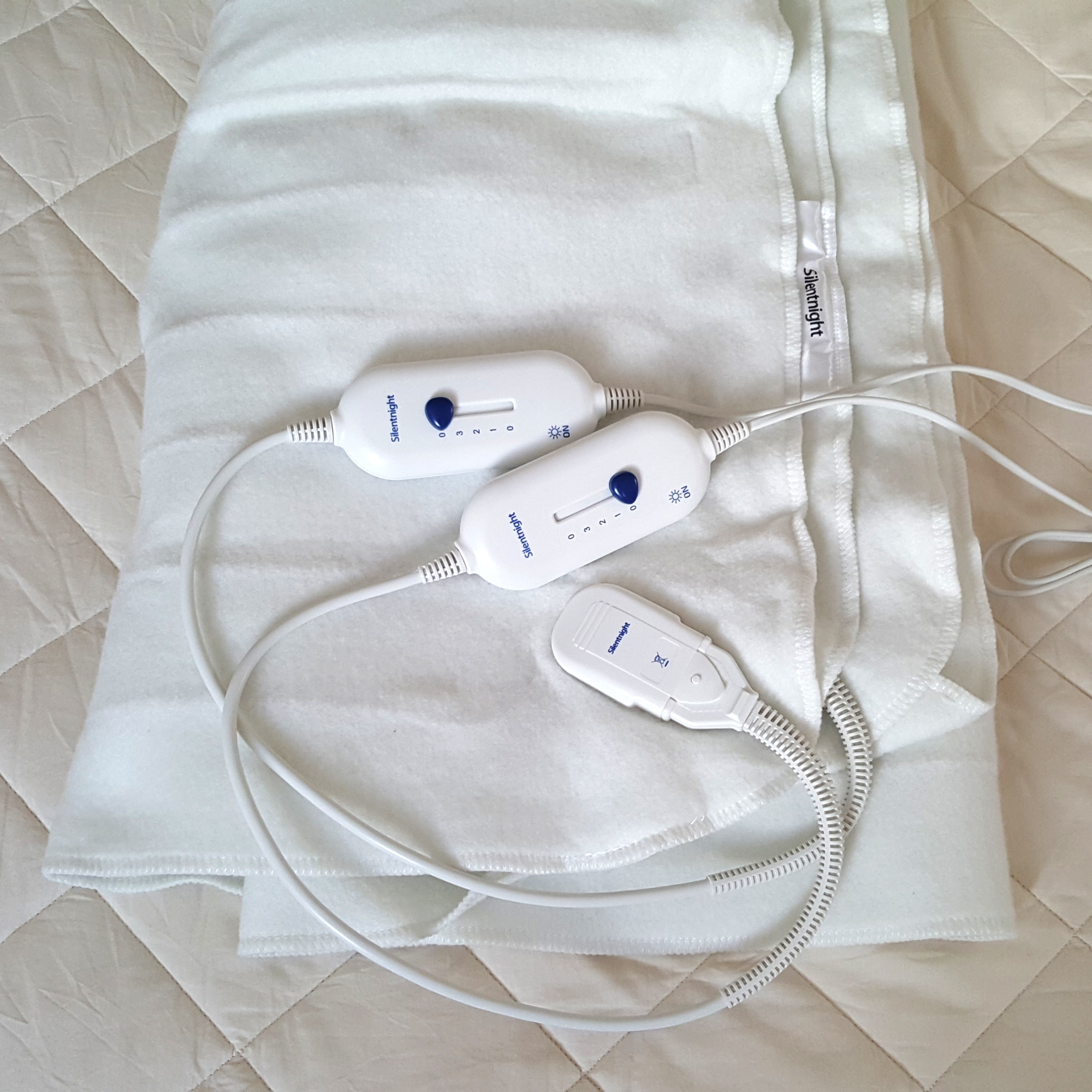
This is echoed by Nathan McEvoy-Swann from Alert Electrical, who says, ‘When they become worn or frayed, you see wires poking out, the blanket is overheating or a number of other signs appear, you should get rid of it and replace the blanket. Over time and with use, electric blankets can become a fire hazard so be aware and inspect them regularly!’
The risks are even higher with electric heaters, though. As there are so many different types of electric heaters, you need to be sure that you can safely leave your electric heater on overnight. In most cases, experts would advise against it - especially as there are so many rules about where to put an electric heater to keep it as safe as possible and prevent a fire.
And even though many modern electric heaters - like the Pro Breeze 2000W Digital Oil-Free Radiator - come with features such as an in-built timer and auto tip-over shut off, it’s still a risk to leave it on overnight to keep you warm in winter. This is especially true in a bedroom where clothes and soft furnishings are nearby.
Electric heater vs electric blanket: Noise levels
If you’re constantly looking for ways to sleep better, it’s also important to understand what you need for a good night’s sleep. Do you need to be warm consistently throughout the night? Do you need white noise? Or do you prefer complete silence?
This is something to consider within the electric heater vs electric blanket debate, as the noise levels of the two are completely different. Generally, electric blankets are completely silent, but the majority of electric heaters are noisy. This is especially true if you use a fan heater, as the noise of the fan may keep you up at night.
So, it may be that electric heaters win this round, or it may be that you simply need to take some extra care in finding an electric heater that’s quieter than the rest.
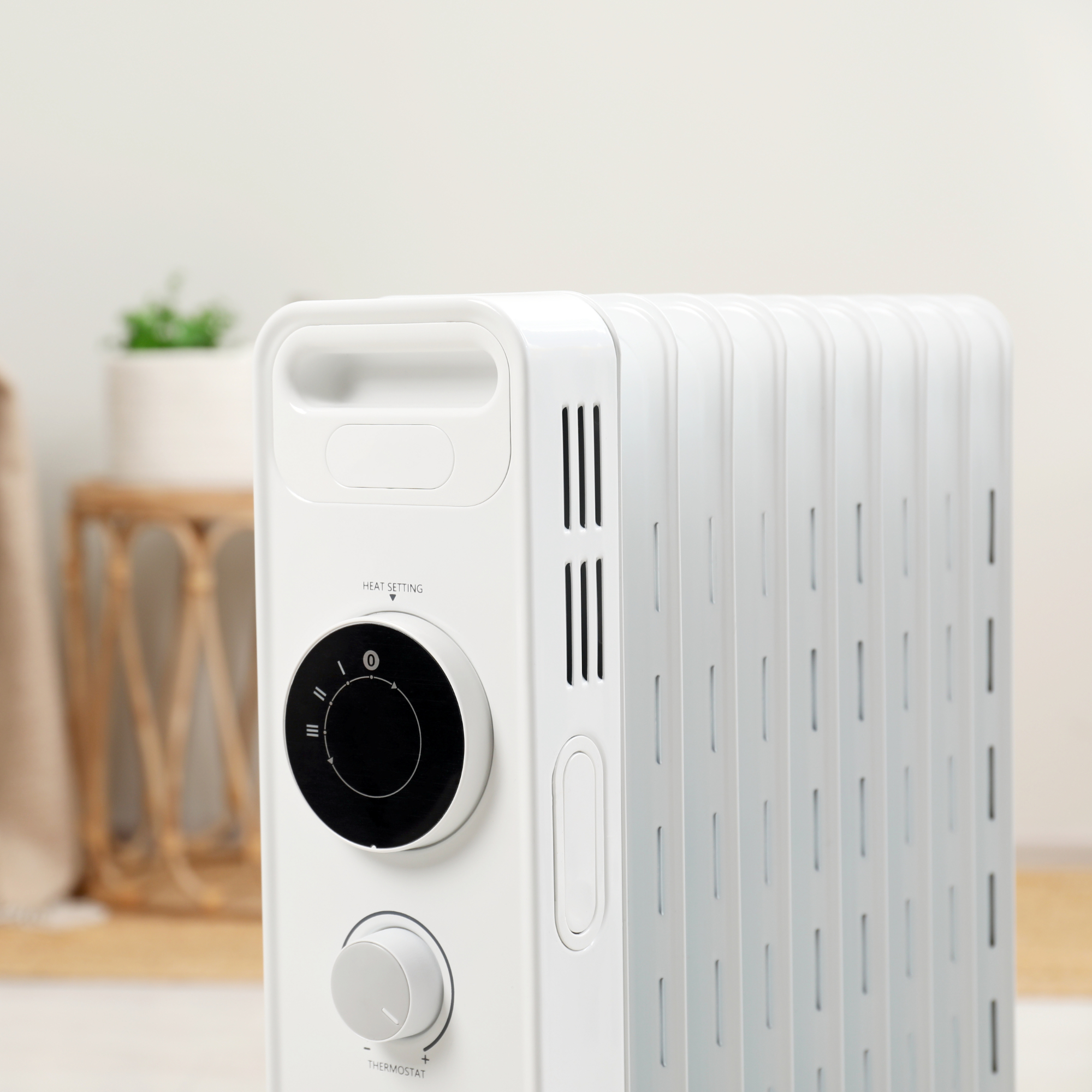
Electric heater vs electric blanket: Affordability
When looking at the affordability of electric heaters vs electric blankets, there are two costs you need to consider: the upfront cost of the product and the cost to run the product in the long run.
In terms of the upfront cost, prices vary for both. The cheapest electric blanket the Ideal Home team has tested is the Slumberdown Sleepy Nights Electric Blanket, which retails at £33.99 for a single. The most expensive electric blanket we’ve tested is the Dreamland Snowed In Organic Cotton Warming Mattress Protector, which comes in at £99.99. However, these are the prices for single electric blankets - so you’ll have to pay more for larger sizes.
However, most experts would agree that an expensive electric blanket is worth it as it will offer more in terms of heat output and features that will make it easier to use.
The upfront cost of electric heaters also varies drastically. The cheapest electric heater we’ve tested is the Beldray EH0569SSTK Electric Flatbed Fan Heate, which comes in at just £19.99. But you could spend a lot more, as the most expensive heater we’ve tested is the Dyson Purifier Hot+Cool Formaldehyde HP09 Purifying Fan Heater, which retails at around £700 when it’s not on sale for less. Generally, though, you can normally pick up a high-quality electric heater for around £100.
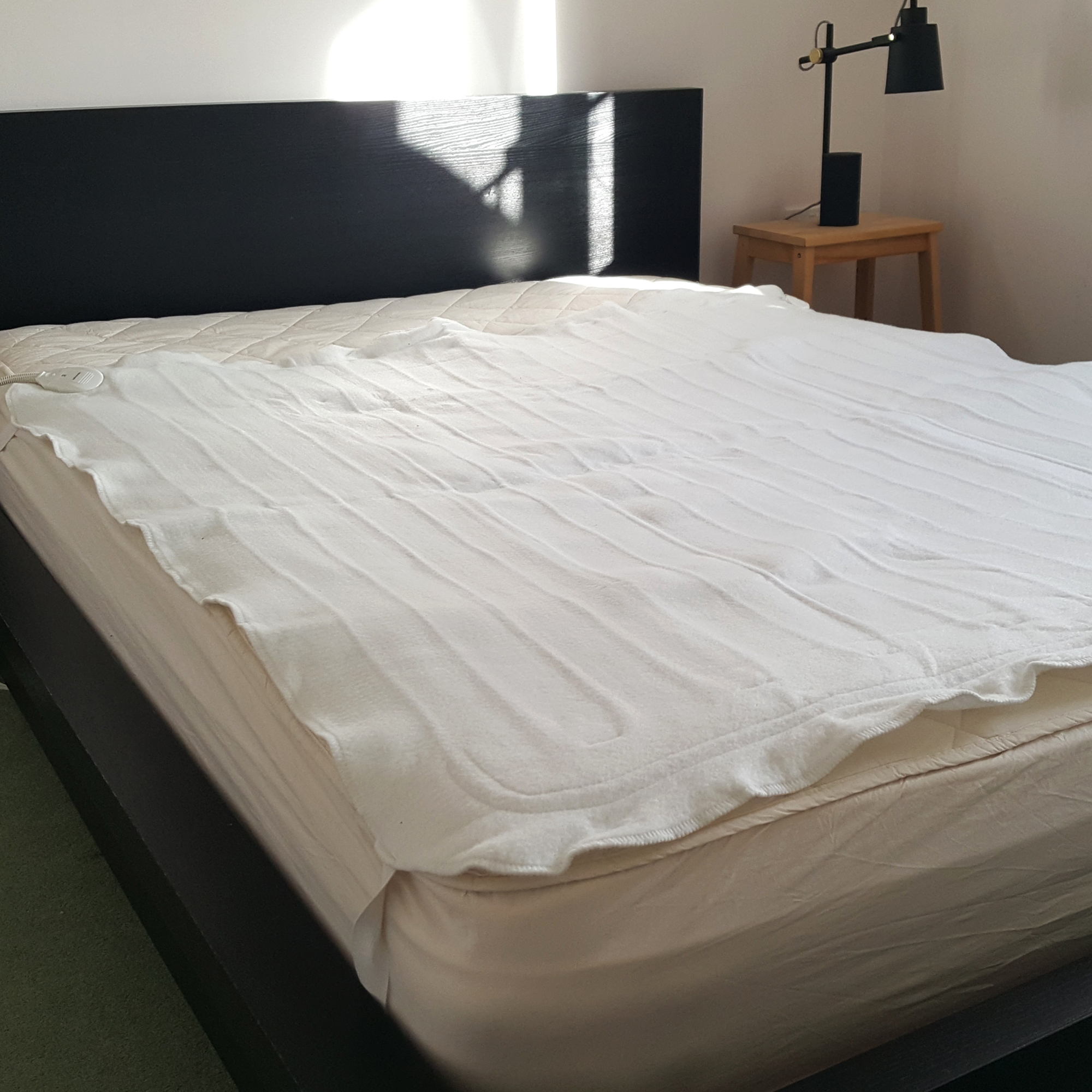
In terms of the running costs, you’ll need to weigh up how much it costs to run an electric heater and how much it costs to run an electric blanket based on the wattage of the appliance and the current energy price cap. This changes every three months, so it’s hard to give an exact figure.
Most experts agree that one is cheaper to run than the other, though. James Longley, Managing Director at Utility Bidder, explains, ‘Electric blankets can vary in price, with some starting from £30 - £150 depending on brand/size and can last up to a staggering 10 years. They also use very little electricity compared to room heaters. Although they do vary, a standard 100W blanket will generally cost between 2p and 4p to run at full power for one hour. This means that for a couple of hours before going to sleep it would cost between 4p and 8p to warm up your bed. In comparison, an electric heater will cost 61p per hour to heat up your whole room.’
However, some electric heaters are cheaper to run than others. Nathan says, ‘Storage heaters are a great example of this. A storage heater will (when paired with a tariff like Economy 7) utilise the cheaper energy offers using off-peak times, which are generally at night. These heaters will store the warmth internally and distribute the heat throughout the day. This means your heating is cheaper and your electricity bill will be lower when compared to other electric heaters.’
All in all, though, electric blankets are more affordable.
Final verdict: Which one should you choose?
If you’ve got this far, you’ll probably know by now that the electric heater vs electric blanket debate isn’t an easy one. And while keeping warm in winter at night is essential to a happy and healthy life, both options can prove effective. Because of this, it comes down to personal preference.
This is echoed by Jonny, who says, ‘Choosing between an electric blanket and an electric heater comes down to what you’re looking for. If you prefer a more personal, direct source of warmth, an electric blanket is your best option. On the other hand, if you need to heat an entire room and are willing to manage the extra energy costs, an electric heater might be the better fit.’
So, it’s best to weigh up what you want from these winter warmers and decide on a budget before purchasing anything.
FAQs
Are heated and electric blankets the same?
Yes, the terms heated and electric blankets are generally interchangeable and refer to the same product. But it’s important to note that there is a distinction between an electric blanket and an electric throw.
Although many people assume that electric blankets are like other blankets you have around the house, they are actually used primarily on beds. On the other hand, electric throws are used more like traditional blankets.
Do electric blankets heat up rooms?
No, electric blankets don’t get hot enough to heat up rooms. They are designed to either heat an individual person or the bed they’re sleeping in. Because of this, the temperature of the room will not increase.
However, when you have been warmed up by the electric blanket, it may give the impression that your home has been heated as you feel warmer in yourself.
So, will you be buying an electric heater or electric blanket?

Lauren Bradbury has been the Content Editor for the House Manual section since January 2025 but worked with the team as a freelancer for a year and a half before that. She graduated with a Bachelor’s degree in English and Creative Writing from the University of Chichester in 2016. Then, she dipped her toe into the world of content writing, primarily focusing on home content. After years of agency work, she decided to take the plunge and become a full-time freelancer for online publications, including Real Homes and Ideal Home, before taking on this permanent role. Now, she spends her days searching for the best decluttering and cleaning hacks and creating handy how-to guides for homeowners and renters alike, as well as testing vacuums as part of her role as the Ideal Home Certified Expert in Training on Vacuums, having spent over 110 hours testing different vacuum models to date!
-
 Move over, fences – dead hedges are the wild and wonderful alternative your garden will love and they're easier to build than you'd think
Move over, fences – dead hedges are the wild and wonderful alternative your garden will love and they're easier to build than you'd thinkThe perfect eco-friendly solution for small gardens
By Kayleigh Dray
-
 Did you know John Lewis can make your old curtains or rugs look like new? Their repair service is now available in all stores
Did you know John Lewis can make your old curtains or rugs look like new? Their repair service is now available in all storesJohn Lewis has added another string to its bow, and it's great news for your old homeware
By Kezia Reynolds
-
 This beautiful mixing bowl is the unexpected star of so many kitchens – including Mary Berry's and the Bake Off tent
This beautiful mixing bowl is the unexpected star of so many kitchens – including Mary Berry's and the Bake Off tentThis earthenware bowl proves that you don't have to spend a huge amount for a classic kitchen addition
By Molly Cleary
-
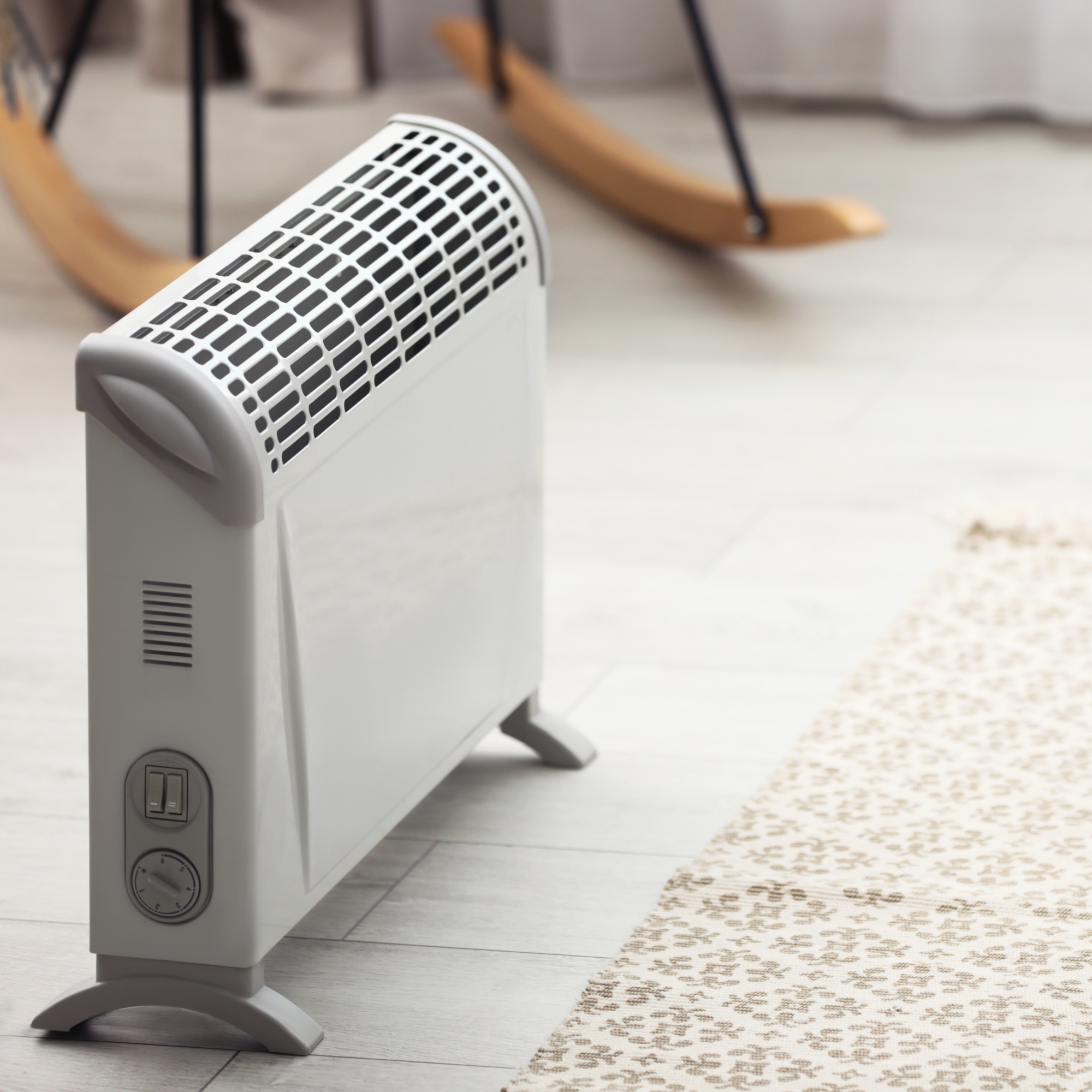 How many electric heaters do you need to heat a house? It all depends on these 5 things, according to experts
How many electric heaters do you need to heat a house? It all depends on these 5 things, according to experts5 things to consider if you want to know exactly how many you’ll need to beat the chill this winter
By Lauren Bradbury
-
 ‘This is how we saved £25,000 on our extension — it never would have been affordable otherwise'
‘This is how we saved £25,000 on our extension — it never would have been affordable otherwise'See how we turned an ugly car port into a luxury media room on a budget
By Laura Crombie
-
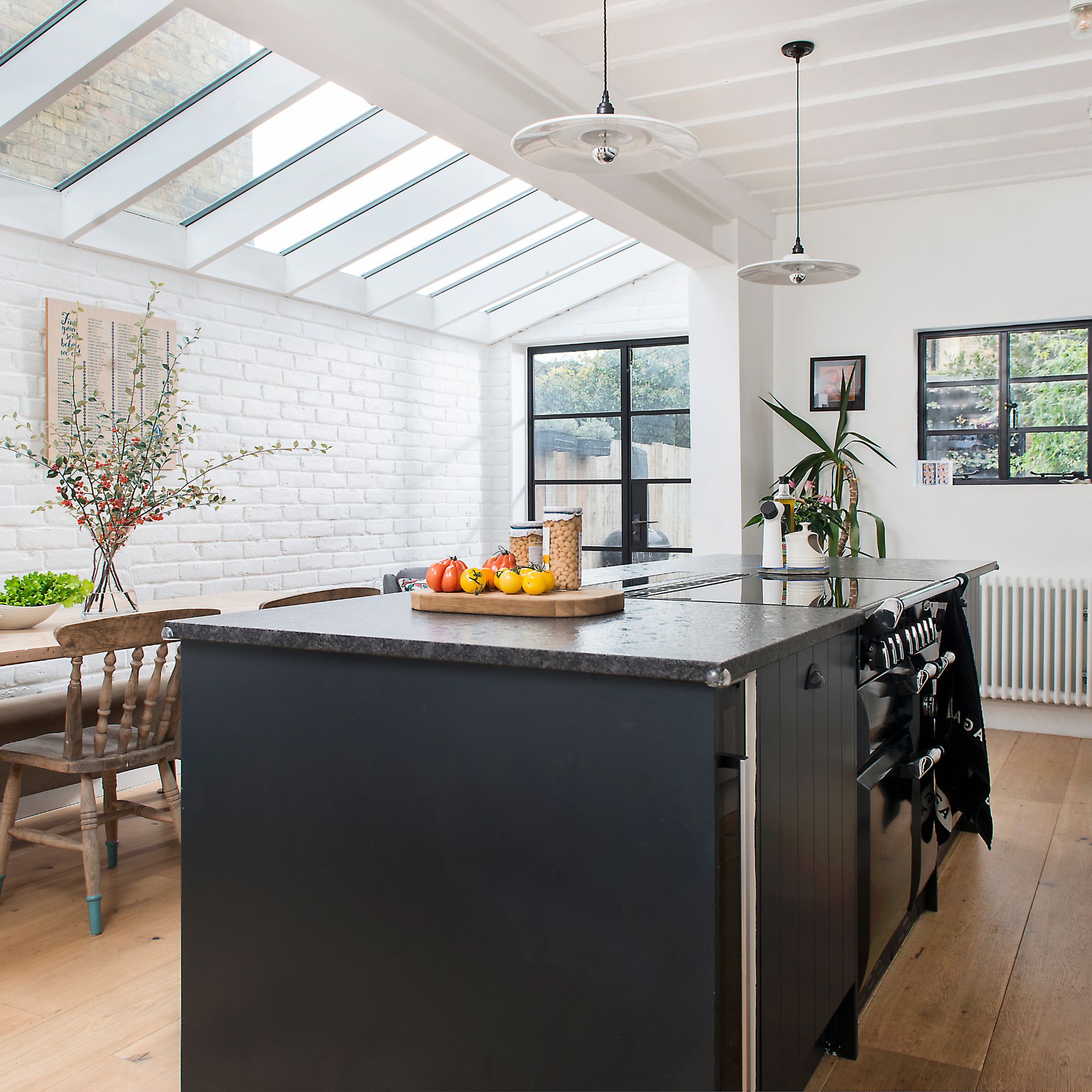 Side return extension costs — how much will it cost you to add space and will it be worth it?
Side return extension costs — how much will it cost you to add space and will it be worth it?Trying to budget for your side return extension costs? Our guide makes it easy
By Natasha Brinsmead
-
 How to make the most of living on-site during a renovation project — according to those who have done it
How to make the most of living on-site during a renovation project — according to those who have done itThis is what it's like to live on-site during a renovation project, and how you can make the most of it, by those who have been there, done it and lived to tell the tale
By Sarah Handley
-
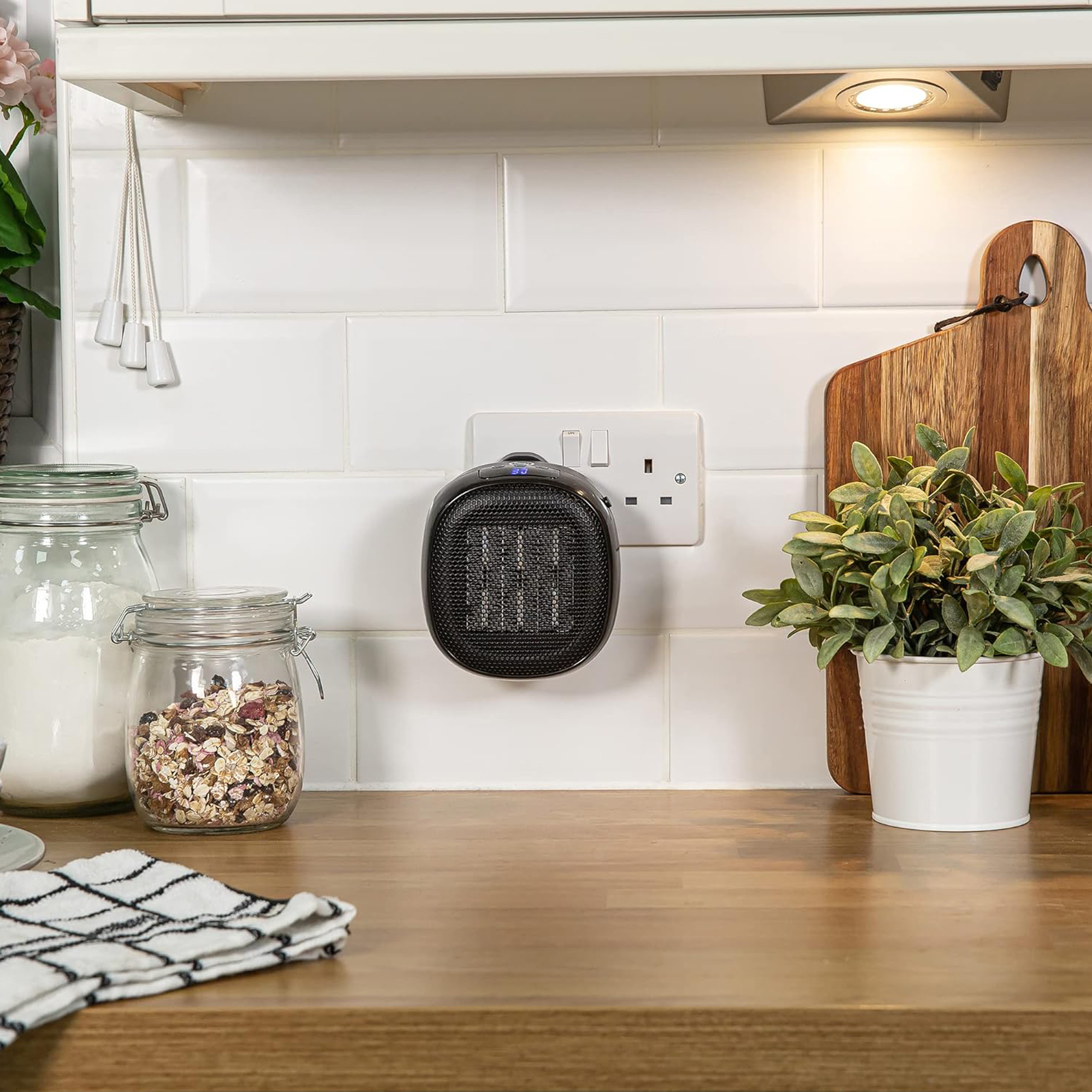 Is a ceramic heater or oil-filled radiator better for warming a home? The pros and cons to consider before investing
Is a ceramic heater or oil-filled radiator better for warming a home? The pros and cons to consider before investingWe spoke to industry experts to help you decide which heater to invest in to warm up your home
By Eilidh Williams
-
 Single storey extensions — the ultimate guide to adding more space to your home
Single storey extensions — the ultimate guide to adding more space to your homeConsidering a single storey extension as a way to add space and value to your home? Our expert guide takes you through everything you need to know, from permissions and budgeting to foundations and the realities of living on-site
By Natasha Brinsmead
-
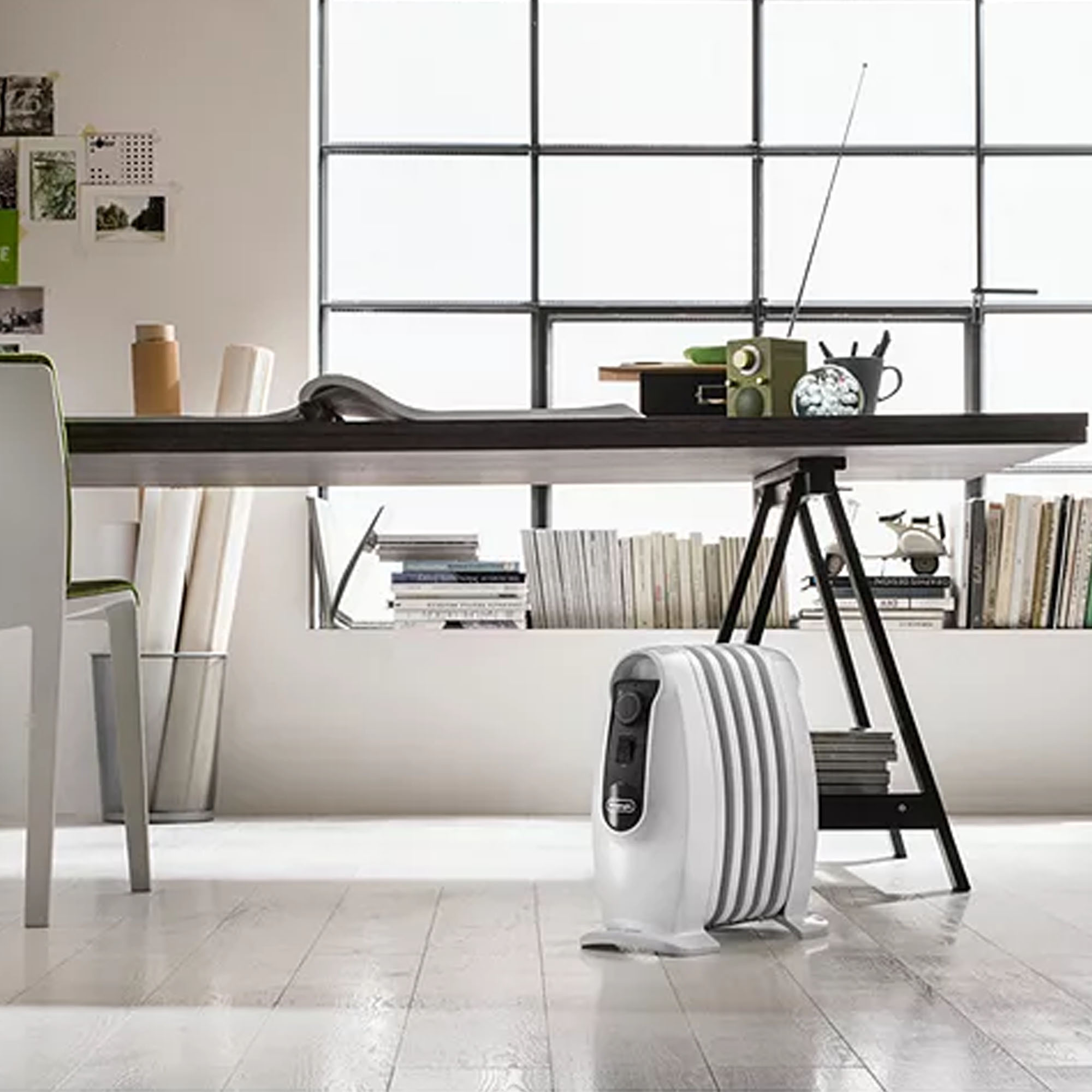 Can I leave an oil filled radiator on overnight? – Here’s what you need to know
Can I leave an oil filled radiator on overnight? – Here’s what you need to knowWe asked the experts about the practicalities, both in terms of safety and your energy bills
By Ellis Cochrane
-
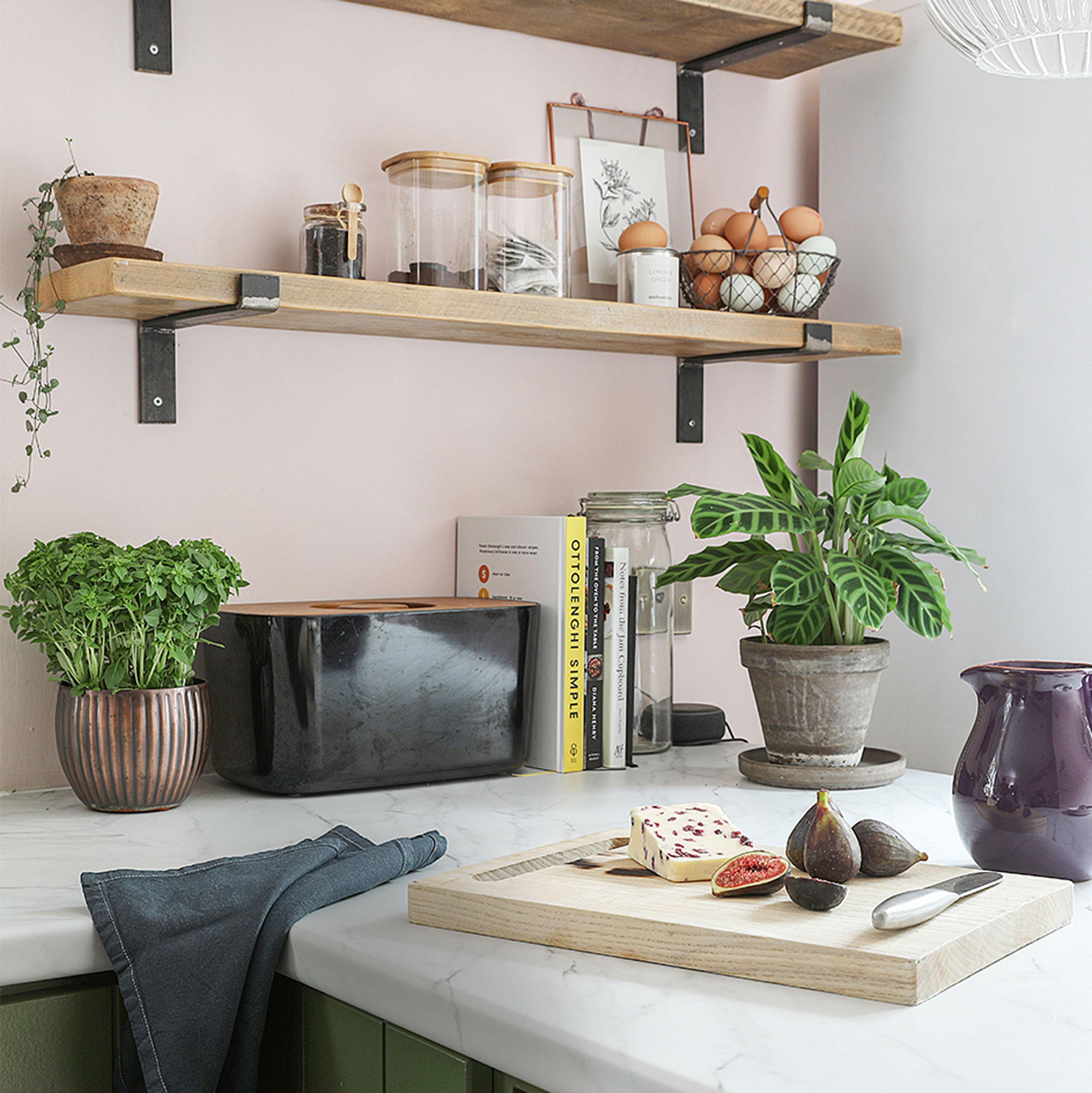 I've set up a temporary kitchen during our renovation — these are the 3 appliances I've invested in to make cooking so much easier
I've set up a temporary kitchen during our renovation — these are the 3 appliances I've invested in to make cooking so much easierWho needs an oven anyway?
By Jenny McFarlane